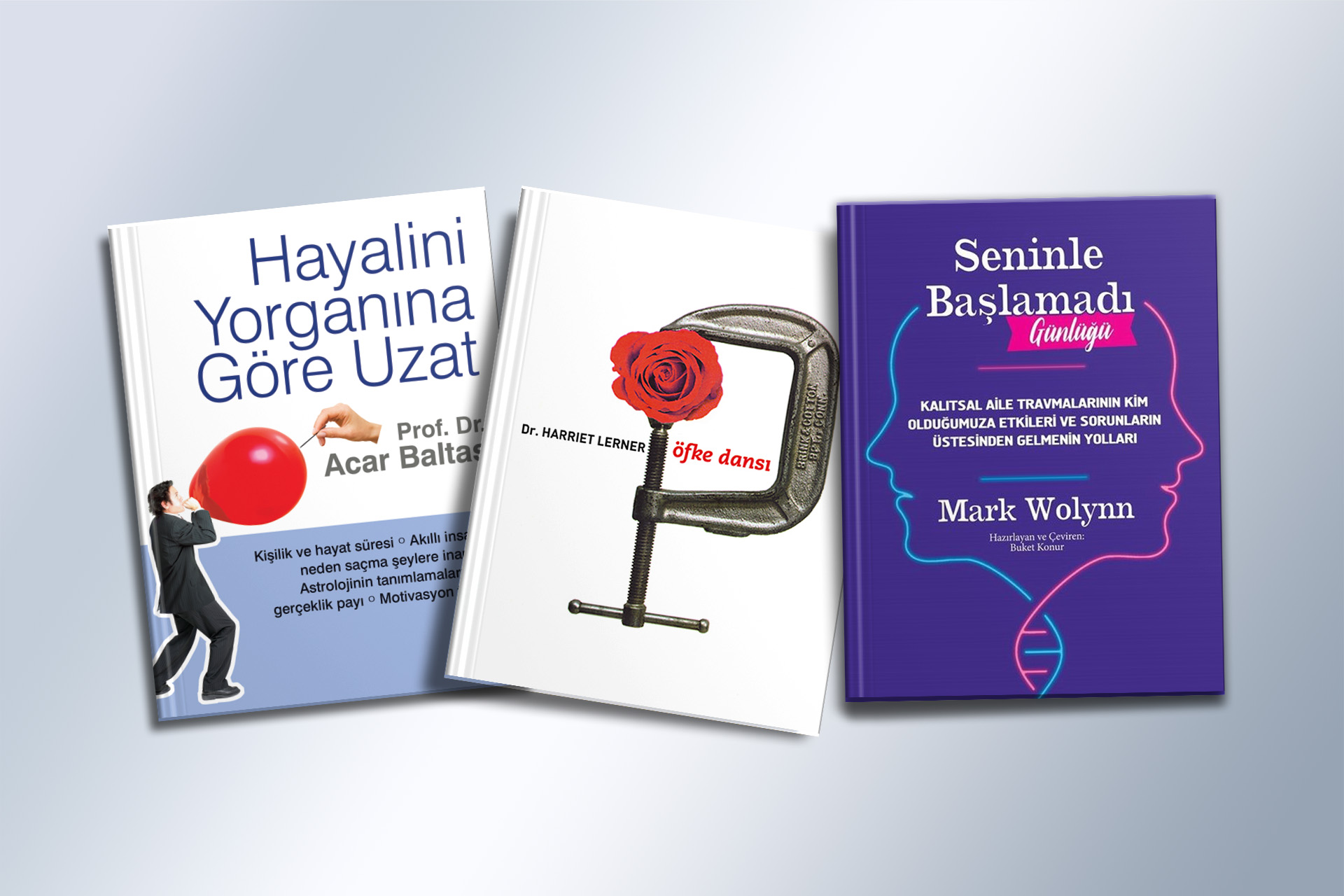
I found out that Prof. Dr. Acar Baltas, who said “Stretch Your Dream No Further than Your Sleeve Will Reach/Hayalini Yorganına Gore Uzat” in a TV program he attended to, has also a book with the same name, which left me no option but to buy and read it quickly. (The book’s first edition was in 2007). I am happy that I have read it because it broadened my horizon, in particular, in respect of business life and human relations.
The reason why Prof. Baltas gave this name to his book is because of the storm of the idea “You can do anything you want as long as you desire and think positively” fueled by the USA and widely accepted in Türkiye since the 90’s. There are many books printed in the category of “personal development” suggesting this point of view, and after reading these books, one thinks that they could dominate the entire world if they ‘truly desire’. However, they immediately recognize that the truth of the matter is so different when they are back in real life, which causes disappointment deeper than ever.
This is the exact fact that Prof. Baltas wants to tell us about, saying that “There is no such thing that you can do everything when you want it, this is not possible, there are two facts: skill and talent.”
I would like to quote from the book as follows: Success requires your desire to achieve, but this is not sufficient. (…) Successful people are those who do whatever they are best in their life; this makes them happy, and they feel no tiredness in the process. Even if they get tired, it is easy for them to take a rest.
The information contained on the book is scientifically supported by many sociological and psychological research.
There is another pinpoint by Acar Baltas, which I believe everyone should be aware of and which and I find truly ‘rightful’. The children raised by parents who are convinced by specialists that the best way to raise a child is that they should be called ‘unique and wonderful”, believe that “they could be everything they want to be and have the right to do everything they want to do’. As a matter of fact, there are many examples I see around. Then this child becomes an adult, and gets a start in business, which means that we are in a pretty scrape…

Possible to Dance to Anger?
Recent research conducted in the previous month worldwide suggests that Türkiye is the angriest country in Europe. There is no need to go outside, your neighbors in the apartment and as a matter of fact, everyone, even your own family members, are on the warpath. We do not look for a concrete reason to get angry, it is merely enough that the one we will get angry at has eyebrows above their eyes…
Thus, ‘Dance of Anger’, a book written by Psychotherapist Harriet Lerner in 1985 and reprinted every year, is a very important reference in this subject. In brief, Lerner suggests that: “Anger is a very important indication. Anger is something we feel. There is always a reason and it requires attention. All of us has the right to feel everything, and anger is not an exception” making the readers understand the anger they may feel, see the consequences of the decisions they make in anger, and recognize the simple mistakes they make, in particular for women in the relationships with their families, spouses and children. ‘Dance of Anger’ has a simple language explaining that you have the right to feel everything, but you can control how you act, and turn a destructive emotion into a constructive one, you can dance to anger instead of throwing a tantrum in anger.

What If This Trauma Does Not Belong to Me…
Those, who watched the series ‘Olive Tree/Zeytin Agacı’ on Netflix, were in hurry to look up in the dictionary for the word ‘family constellation’, which I guess is the most popular subject in psychology. Family constellation could be defined as the fact that adverse conditions experienced by family members are transferred to the next generations, and ultimately, manifest itself as psychological or physical problems. In brief, nothing did start with you…
It Didn’t Start With You is the name of a book written by Psychologist Mark Wolynn in 2016. The book cover reads “How Inherited Family Trauma Shapes Who We Are and How to End the Cycle” and the author makes this description: “This book defines the inherited family structures – unknowingly acquired fears, emotions and behaviors that keeps the cycle of pain alive from generations to generations – and focuses on how to end this cycle.”
On this book explaining that psychological traumas are somehow genetically inherited, Wolynn says that “Most of the time, we are aware that there is a problem deep inside, but fail to remember and define what this problem is. Instead, we assume that the problem is with us and infer that there is something broken or missing inside us”. If you feel this way from time to time, I suggest you read this book – warning that the author frequently falls into repetition – but if you decide to face your genetic-related traumas, you may need to receive assistance from a specialist thereafter.



